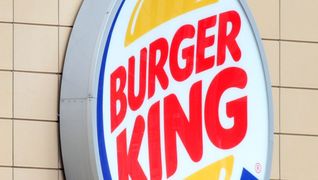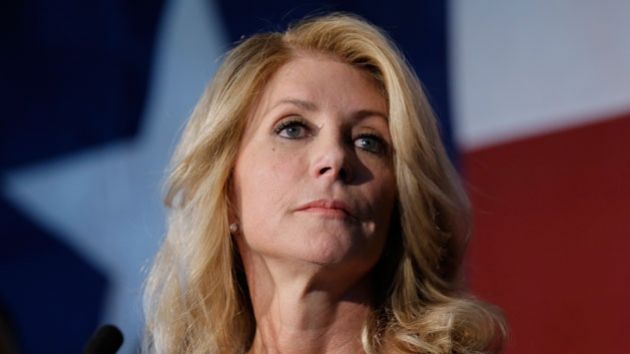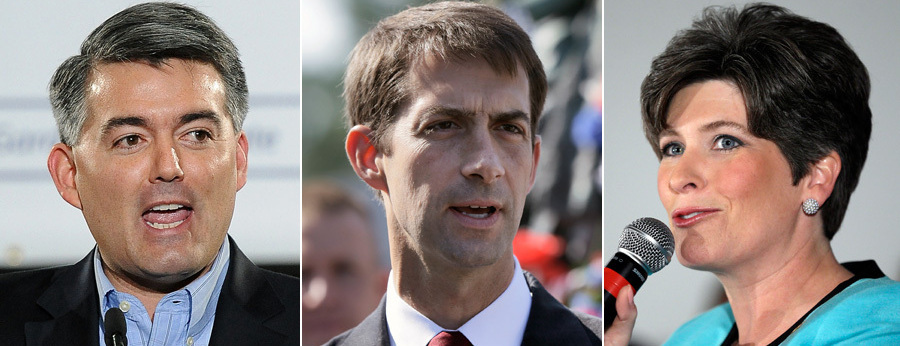This week Burger King announced it is buying the Canadian coffee-and-donut chain Tim Hortons for $11.4 billion, creating the third largest fast-food chain in the world. The newly created firm will be headquartered in Canada where the corporate tax rate is lower than in the United States. While Burger King denies it was motivated by lower taxes, the deal has revived the debate over so-called tax inversions, whereby U.S. companies use mergers to move overseas and avoid U.S. tax rates. In July, the Obama administration estimated tax inversions could cost the United States as much as $17 billion per year. One investor who stands to profit from the Burger King deal is President Obama supporter Warren Buffett. He lent Burger King $3 billion at a lucrative 9 percent interest rate to help complete the deal. We are joined by James Henry, an economist, lawyer, and senior advisor with the Tax Justice Network. He is former chief economist at McKinsey & Company.
Video
Source: democracynow.org/
Author: --
Video
Source: democracynow.org/
Author: --












